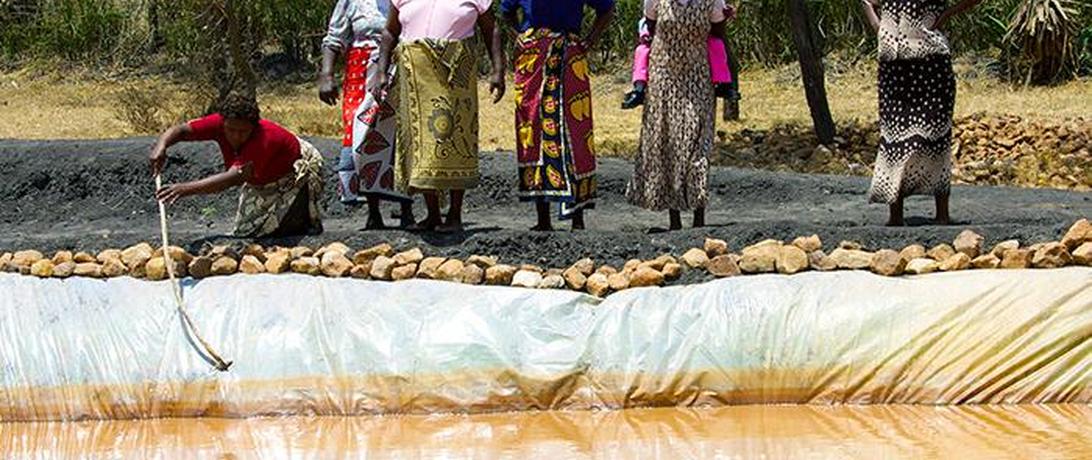
Aquaculture is rapidly expanding in Lake Victoria, but its introduction is controversial. Many see it as a potential boon for low-income communities, increasing fish supply and providing jobs and food security to those around the lake. But some are more apprehensive, concerned aquaculture may negatively impact the lake's ecosystem while providing few jobs to locals.
The potential for aquaculture to provide jobs to women in particular is contested. This brief explores the potential of aquaculture to provide profitable employment for women and improve food security around Lake Victoria, using data from a survey of 1,300 residents spanning three countries. The survey was part of a National Science Foundation grant exploring the socioecological impacts of aquaculture development in Lake Victoria. It included over 100 questions related to household spending, fisheries activities, and gender perceptions, among other topics. While few women and men overall report being involved in aquaculture, the ratio of women to men is closer than in capture fisheries, indicating that it may be an avenue to increase women’s employment and income generation. However, significant hurdles to women’s success exist, as most survey respondents did not believe women could be successful aquaculture operators.